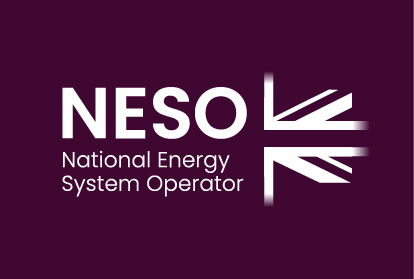Reaching net zero will require a significant coordinated effort, of which system planning and network development will be a key part. Should the Future System Operator (FSO) take on the role of a whole energy system planner, it must be able to coordinate across multiple energy vectors and plan the system and networks of the future. More effective strategic network planning performed in a whole energy system way can lower the costs of the net zero transition and deliver significant consumer savings.
Developing whole energy system planning will not be a simple process and will require careful consideration, engagement and coordination across the energy industry.
This project will undertake research into what the options are for performing whole energy network planning across multiple energy vectors (e.g. electricity, gas, hydrogen, CCUS).
Benefits
Delivering a ‘net zero ready’ energy system needs a body capable of addressing challenges from a whole energy system perspective. Bringing together enhanced whole energy system decision making, supported by electricity and gas planning roles, the FSO will build this holistic view to address the increased operational and planning challenges facing the energy industry.
This project will be the starting point for delivering on this commitment. Whole energy system planning is a key driver for creating the FSO which has the potential for cost reductions of up to £3-4 billion for consumers.
Learnings
Outcomes
This project has established the foundation of the options available for undertaking whole energy network planning, analysis, and design. This has been achieved through research and engaging relevant key stakeholders, validating the proposals and findings. Therefore, the outcomes of this project are:
- An overview of best practice on whole energy system analysis and design.
- Seven use cases for typical whole systems optimisation problems.
- Proposed principles and criteria for whole energy system coordination/optimisation by the FSO.
- An illustrative application of the proposed principles to use case 1 for tangibility purposes.
- Defined gaps in evidence for the full spectrum of technologies/solutions to be considered.
- Recommendations proposed regarding next steps and future projects to expand the evidence base for whole energy system coordination.
Lessons Learnt
Through the development of this project, the following lessons learnt have been identified:
- Literature review evidence: the literature review on whole energy system optimisation problems is limited, especially with regard to network planning. This learning outcome has been further described in the final report by defining gaps in evidence for the full spectrum of technologies and solutions to be considered. Recommendations have been made for future projects to expand the evidence base for whole energy system coordination.
- Effectiveness of stakeholder engagement: input from ESO teams and key stakeholders (Ofgem, DESNZ, NGT) has been effective in validating the approach on developing the use cases and the role of the FSO regarding whole energy system optimisation problems. After every workshop, the delivery team collected the feedback from stakeholders and made the relevant updates to the use cases. Stakeholder feedback has been particularly useful in ensuring that use cases reflect cross-vector challenges and synergies.
- Cross-vector co-ordination: gas and electricity networks currently work in silos, focusing on their respective objectives, strategies, and principles. Through this project, we have identified the need for a holistic approach to enable cross-vector alignment, knowledge sharing, and standardised data and processes; this has been detailed in the report’s recommendations section where an integrated approach across networks and vectors is proposed.




